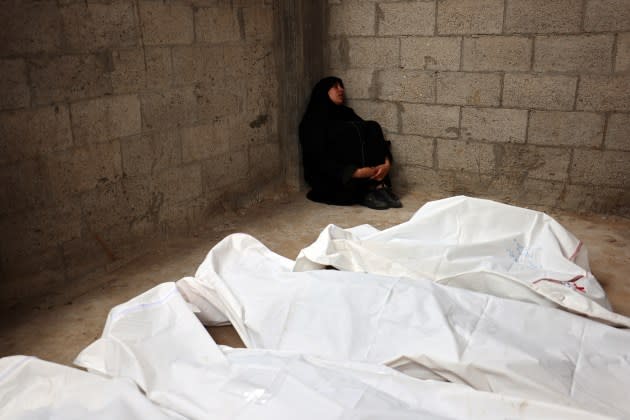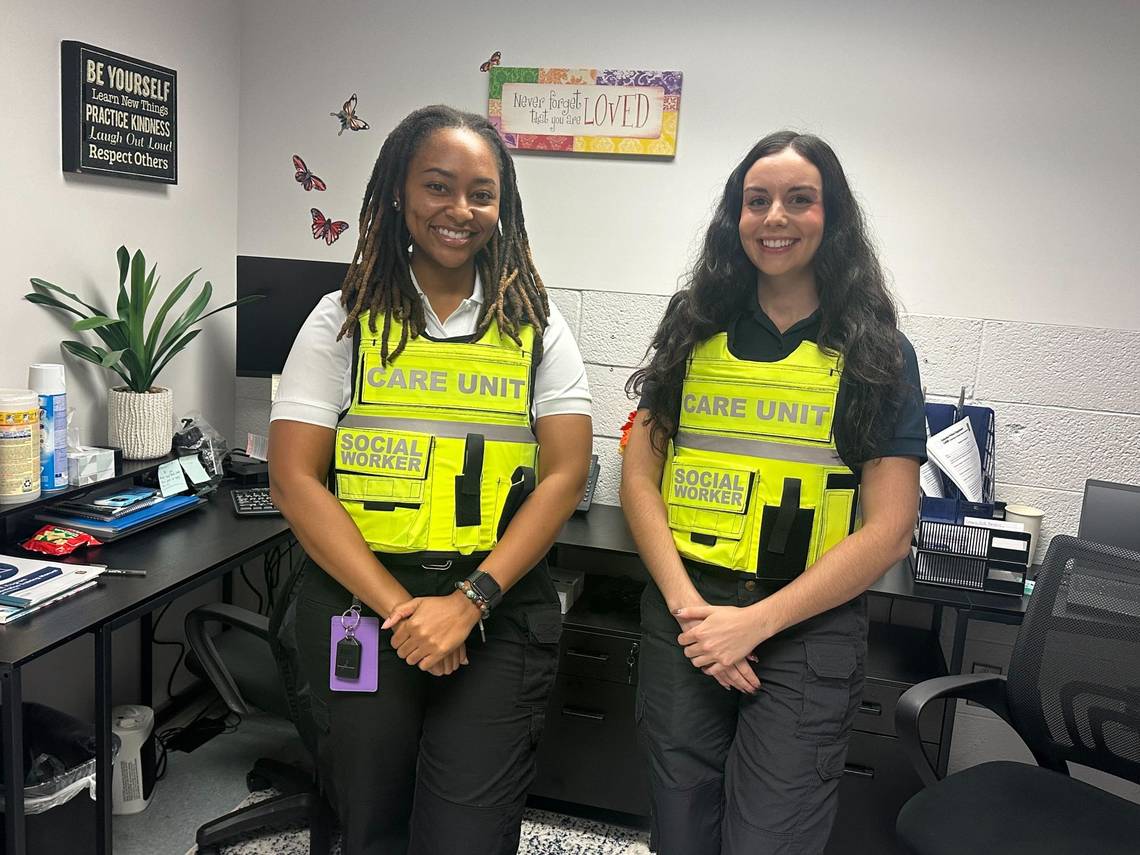
Faress Arafat, 22, worked as a volunteer nurse in Gaza — first in the emergency department at al-Shifa Hospital and then in displacement camps in Rafah.
It has now been one year since Israel’s war on Gaza began. More than 41,000 people have been killed, and 100,000 have been injured. More than 16,000 children are among the dead.
We are haunted by painful memories that are impossible to forget. How could I forget that we left our home and city, seeking refuge in a tent that offered no protection from the heat or cold? How can I forget the scenes of dismembered bodies we saw daily in our work as medical teams, being the first to respond to the injuries? How can I forget the cries of the injured children, their screams echoing inside my mind? How can I forget the sound of women weeping as they said goodbye to their loved ones? There is no way to forget or move on.
After leaving Gaza, I realized that everything I experienced while working as a volunteer emergency nurse at al-Shifa Hospital was only the beginning of a painful journey. After my colleagues and I were evacuated from the al-Shifa complex, around 45 days into the war, we moved south to the displacement camps, specifically in Rafah.
We were in shock, not caring about anything other than how to manage our daily lives — fetching drinking water, standing in lines for aid, or volunteering at medical points. Our thoughts were occupied with everything but ourselves. I thought this was a good thing and would help me get over what I had witnessed at al-Shifa, but gradually, after more than 200 days of war, I began to notice clear changes in myself. I became more irritable and withdrawn, avoiding people and social gatherings. I considered leaving Gaza, thinking that perhaps the problem was the constant fear of death and lack of safety.
I did leave, taking my family with me to Egypt in search of safety and psychological stability. But, to my misfortune, reality was worse than I imagined. I began to experience daily nightmares — seeing burnt bodies and dismembered limbs in my sleep. I started seeing water as blood. The sound of civilian airplanes or even cars terrified me, as if a missile was coming to chase and kill me. Even the sound of dogs made me think they were coming to eat me, just as I had seen them eat the corpses in Gaza.
These fears followed me everywhere I went. I lost a lot of weight and isolated myself from others. I thought this was the only way to save myself from death. But I was in a safe place — what could I possibly die from? Fortunately, I realized that I needed psychological treatment to face the world and continue my journey as a nurse. My role was not over yet.
Indeed, I started therapy sessions, which began to restore my faith in myself. I later realized that my situation was much better than those of my colleagues who remained in Gaza. One day, I made a video call to my friend Amer, who works as a paramedic in northern Gaza. Amer had never stopped working in the ambulance service, never stopped saving lives, despite facing death several times. Every time I met him, I would tell him that he was strong and that I drew my strength from him.

But this time was different. Amer was completely exhausted and broken. When I saw his face, he was very thin and appeared to be suffering from severe anemia due to the famine in northern Gaza. I asked Amer how he was doing and how work was going. He sighed and told me that the Israeli army was now close to the ambulance station where he was stationed and had issued evacuation orders. The situation was terrifying, but he was laughing. I was puzzled — why was he laughing when he might be on the brink of death?
He told me that he had lost all feelings toward life. Every day he saw dozens of decaying and torn bodies being eaten by dogs. Every day he tried to save dozens of injured people and children, but in many cases, he failed. Suddenly, his laughter turned into intense crying. He told me that one day, while trying to save some injured people, he found among the victims his brother, who had suffered severe injuries to his legs and arms.
I tried to console him and asked how he managed to sleep and cope with everything that had happened after 300 days of war. He told me that everything had changed. He now suffers from constant fear and trauma — fear for his family, fear for himself. He can only sleep with the help of sleeping pills, which have become scarce. He has become more tense and depressed all the time, haunted by thoughts of the future, wondering when the war will end and thinking about the injured who are dying slowly due to a lack of resources. He described to me how he feels as if his head is empty, without a brain, being carried away by ghosts. Then he told me he was afraid of dying and becoming food for dogs and cats.
At that moment, I felt my tongue grow heavy, and I couldn’t say anything except to tell him that he was strong and could endure. I apologized for having to end the call because I was completely unable to console him. After several weeks, I called Amer again to check on him. Unfortunately, this time he was crying bitterly. He told me that his family’s house was bombed, his father and only sister were killed, and his mother was seriously injured. She is now in an intensive care unit and may lose all her limbs.
Amer is not alone in this state; there are thousands of medical workers who have not stopped working since the beginning of the war. Some have died, lost their entire families, homes, and loved ones. How can this group be brought out of the shock after the war? It won’t be easy. Each of us has a sad story, each one different from the other.
More from Rolling Stone
Best of Rolling Stone
Sign up for RollingStone’s Newsletter. For the latest news, follow us on Facebook, Twitter, and Instagram.
EMEA Tribune is not involved in this news article, it is taken from our partners and or from the News Agencies. Copyright and Credit go to the News Agencies, email news@emeatribune.com Follow our WhatsApp verified Channel




